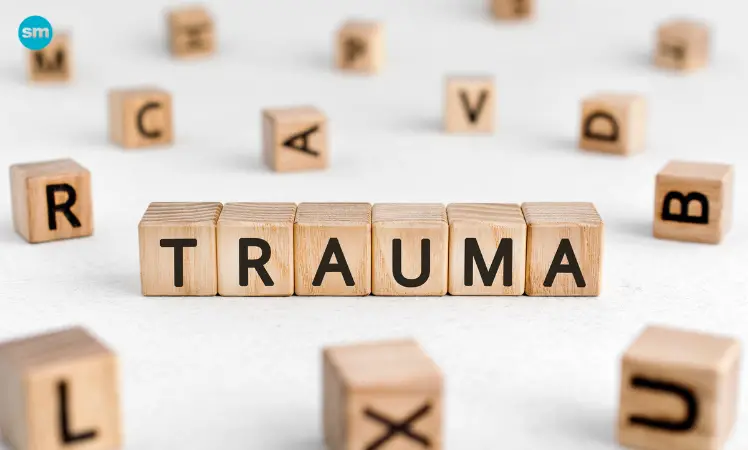Last Updated on January 22, 2024 by Lori Pace
Don’t share trauma with anyone without their permission. This is trauma dumping. It has become so normalized on social media that our children may accept it as a part of their daily lives. It’s not. Experts are becoming more concerned about the impact on their mental health.
Social media favors extremes, whether it’s the beauty or terror, the #blessed and their opposite. It can serve as a platform for sharing flawlessly curated and filtered life stories. It can also be a place to dump sadness, abuse, and dysfunction.
The Darker Side of The Internet And Trauma Dumping
Recent media attention has been focused on the negative effects of “social comparison” on our wellbeing. It can have a significant impact on self-esteem, especially for teens and tweens, when we feel that our lives are not up to par with the images online.
Posting or messaging about personal tragedies, such as a death in the home, sexual assault or historical childhood abuse, is not an issue. Venting can be dangerous if it happens in an unplanned, unprepared manner – for example, on a social media account.
“A normal part of the ecosystem”
Trauma dumping is occurring more often in DMs, comments sections, and videos. And the practice has “become a common part of the ecosystem.” What does the term “normal” actually mean in this situation? Digital content can blur the lines between real and online identity when a generation is raised. There is no internal warning system that a person is sharing too much.
For some, the “dump” can be therapeutic. Experts believe it can actually lead to more negative emotions. However, those who are sensitive or empath can feel “secondary trauma”, which is a form of emotional contagion that makes them feel drained, anxious, and helpless.
Trauma Contagion And Dumping
If someone isn’t psychologically stabilized, absorbing another’s trauma is generally what occurs. This observation is especially relevant for teens, who almost by definition lack the emotional stability required to develop into adults.
TikTok is the epicenter of online trauma dumping. The practice’s tags have more than 20 million views. This reveals deeply personal stories about abuse, assault, and mental health problems. Perhaps the most alarming development is that viewers respond by cheering and clapping. TikTokers, who lip-sync stories of childhood trauma to popular music, are another example.



